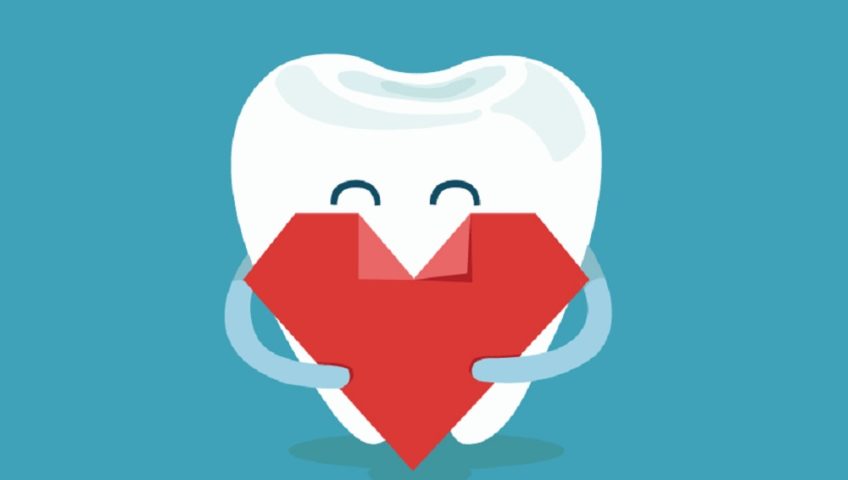It’s Valentine’s season again, which means proclamations of love, pictures of Cupid and chocolates are everywhere. Whether you find the Valentine’s Day sentiments romantic or annoying, you can use those candy hearts as a reminder to take care of your actual heart’s health.
Research has led to a perceived connection between gum disease and heart health. Your body’s inflammatory response to gum disease may cause hardened gum disease and hardened arteries, which is a primary symptom of heart disease. It’s theorized that bacteria from the mouth may also enter the bloodstream due to the inflammation, wreaking havoc on other parts of the body, including the heart.
This research, as well as the fact that those with gum disease are twice as likely to have heart disease, has made dental professionals sit up and take notice of the connection — both for their patients and themselves.
Clincians’ take
“It’s been an eye opener for me, as a patient,” said Denton, TX-based Todd McCracken, DDS, a general dentist who had heart health struggles. “My own heart surgery made it apparent to me that my overall health was tied to my teeth and gums.”
“A personal friend had the same surgery and it turned out that his health issues were related to periodontal disease,” McCracken added. “He had open heart surgery and had to have a valve replaced. After the replacement of that valve, he ended up having a stroke and septicemia infection setting up around that valve. Because of that, he was going to have to have the surgery done all over again.”
McCracken, who practices the LANAP laser protocol for the treatment of gum disease, theorizes that his friend’s surgery would have had a “completely different” surgery outcome “if we had the opportunity to treat his gum disease with the laser prior.”
Other dental professionals, like Hudson Valley, NY-based periodontist Sarah Oshman, DMD, are also pointing out how the proliferation of untreated gum disease can lead to problems in other parts of their body.
“When you have gum disease, you have a chronic infection in your mouth,” said Oshman. “You have to think of your immune system as an army. So if your army is 100 soldiers and you have this chronic infection in your mouth, 10 or 20 of those soldiers are constantly deployed to address that, which leaves the rest of your body at risk because it’s not covered.”
While it’s important to note that there is no definitive cause-and-effect relationship established between gum disease and heart disease, it’s been discovered that the presence of common oral health problems like gum disease, cavities and missing teeth were as good at predicting heart disease as cholesterol levels. Is it any wonder that Gum Disease Awareness Month and Heart Health Month are both in February?
Show your gums and heart some love
So what can you do now that you have this vital information? Think of it as a Valentine’s Day gift from your dentist — one that could potentially save your life, if you follow these simple steps.
- Schedule your next dental checkup if you haven’t already. It’s recommended that everyone see the dentist at least twice a year for evaluation and professional cleanings. If there are changes to your gum health, your dentist can help you with next steps on how to get treated.
- Brush regularly. At least twice a day; preferably after each meal. Make sure you are brushing along the gum line to cover the entire surface of your teeth.
- Flossing regularly. We know — this is everyone’s least favorite part. But using some kind of floss, whether it be traditional or handheld picks, should be a crucial part to your dental health routine. Remember, brushing can’t reach the spaces between your teeth and food and bacteria in close proximity to your gums can lead to a chronic infection!
Make sure you click around FightGumDisease.com to learn even more about how gum disease can play a role in heart health and other illnesses.

